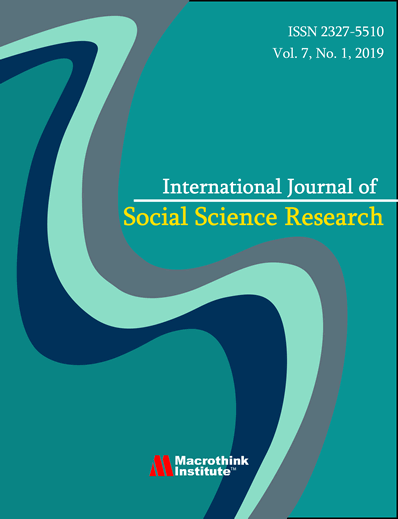Reestablishing the Foundations: Investigating the Theoretical and Practical Boundaries of Criminology
DOI:
https://doi.org/10.5296/ijssr.v10i1.19289Abstract
Symbolic boundaries are essential to social functioning and, more narrowly, to the social functioning of academia. Yet the boundaries of the field of Criminology remain deeply ambiguous. What are the parameters of the field? What is agreed upon as foundational theory? What are the core research agendas? This lack of clarity and consensus hampers internal dialogue between interdisciplinary scholars and constrains efforts to meaningfully address critical societal ills. As such, with this review we seek to promote cohesion in the field and improve our ability to understand crime as a social phenomenon. To accomplish this, a team of researchers conducted a thorough review of criminology textbooks and top journals in the field. We first examine explicit and implicit definitions of criminology and next identify the major avenues of current research. We further highlight major avenues and oversights of research, making recommendations for further study to promote productive cohesion amongst criminologists. Finally, we combine theoretical conceptions of criminology with current research to offer a new, comprehensive definition: Criminology is the theoretically informed scientific study—and the resulting body of knowledge—of crime broadly understood as a socially constructed and embedded phenomenon as well as its causation and prevention.

